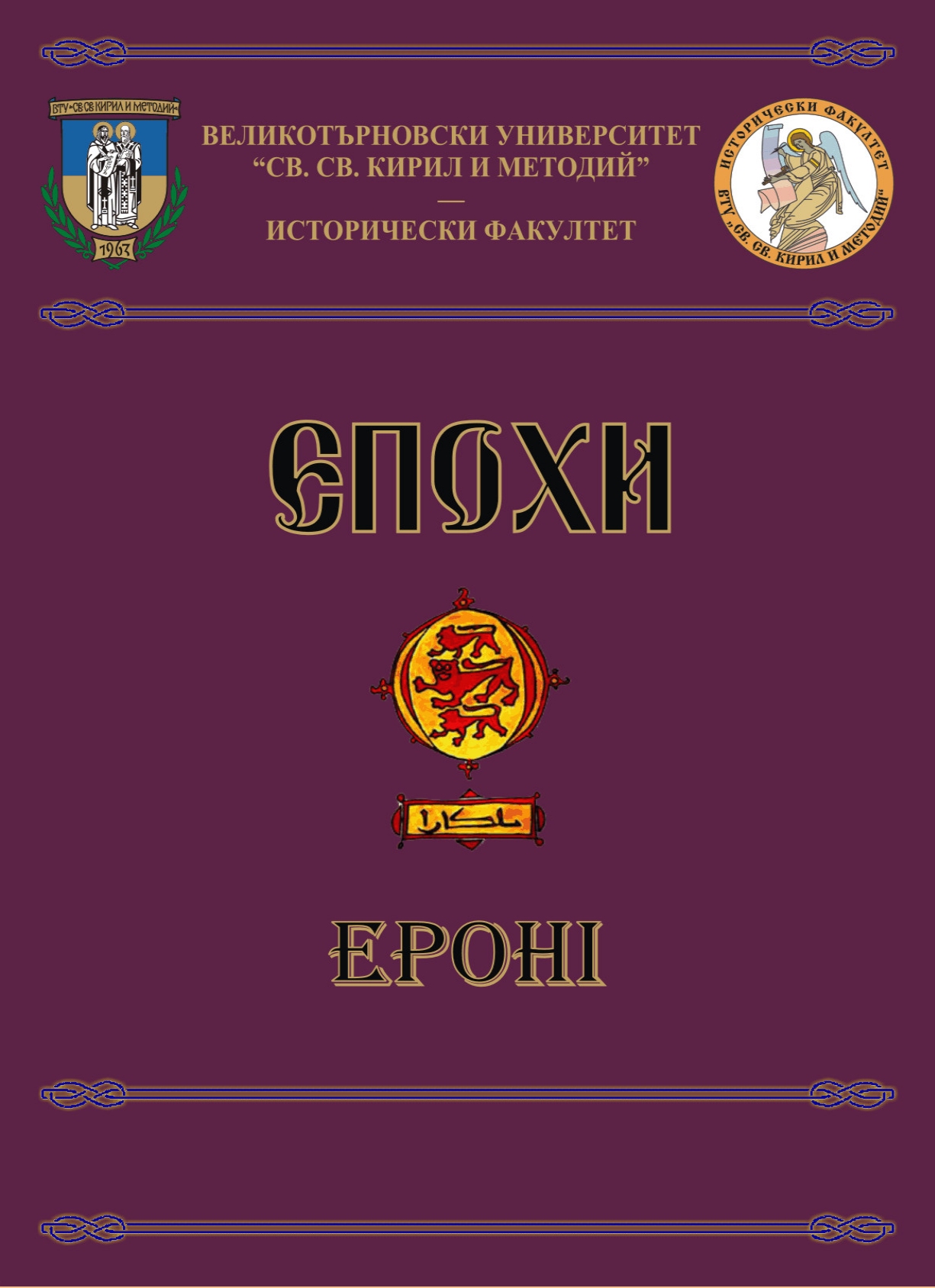Културата и идеологическият императив зад „желязната завеса“ в началото на Студената война
Culture and Ideological Imperative Behind the “Iron Curtain” in the Beginning of the Cold War
Author(s): Evgenia KalinovaSubject(s): History, Cultural history, Diplomatic history, History of ideas, Social history, Recent History (1900 till today), Special Historiographies:, Post-War period (1950 - 1989), History of Communism, Cold-War History, Post-Communist Transformation
Published by: Великотърновски университет „Св. св. Кирил и Методий”
Keywords: Stalin model of socialism; culture; intellectuals; socialistic realism; repressions; Union of Bulgarian artists; Academy of Arts
Summary/Abstract: In the end of 1940s and the beginning of 1950s, in close connection with the sharp ideological East-West opposition, the Stalinist model of socialism was imposed on East European states. Its important characteristic feature was the total control over the cultural processes and the constant attempts at using the intelligentsia for the realization of the Communist party’s political program. The present paper aims at presenting the concrete parameters of this process on the basis of Bulgarian case. The accent is put on the copying of the Soviet example in managing the culture and in preserving the control over the intelligentsia in the sphere of literature and arts. During the period in regard the repressive character of the Communist regime was most clearly manifested. There were firm instructions to follow strictly the model of „socialist realism” and to reject „the reactionary” Western culture. The intellectuals and their professional unions were constantly under suspicion for direct relations with the „enemy” and such cases are discussed in this paper. It also aims at analyzing the models of intellectual behavior in the face of Communist party efforts to make the intelligentsia serve its political intentions.
Journal: Епохи
- Issue Year: XXI/2013
- Issue No: 2
- Page Range: 155-171
- Page Count: 17
- Language: Bulgarian

